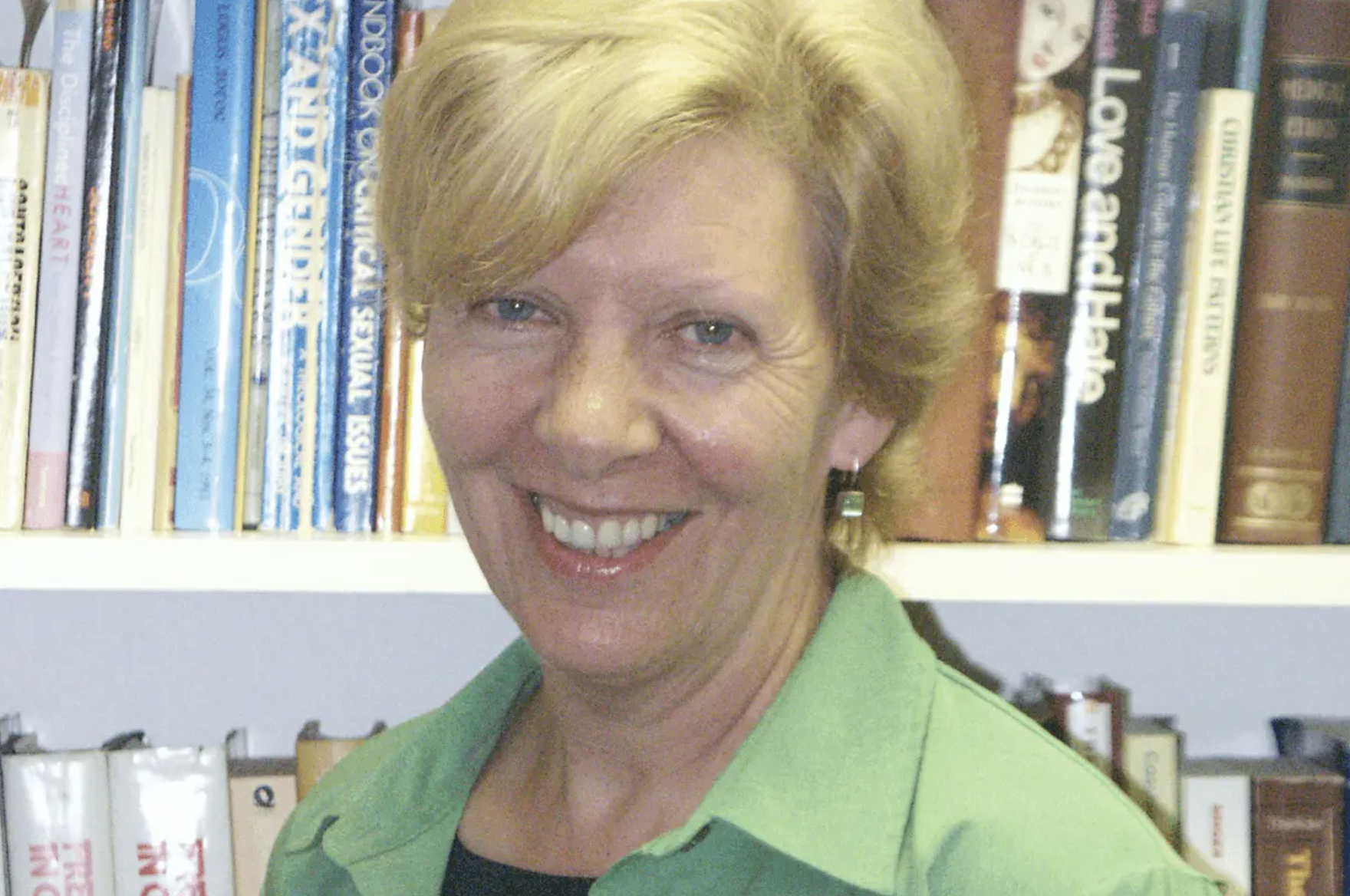After 21 years of leadership, Canadian Catholic Bioethics Institute (CCBI) executive director Dr. Moira McQueen has decided to step down.
Though she may be departing her CCBI role, the esteemed bioethicist and moral theologist told The Catholic Register she will remain active in her field.
“Even after 21 years, I didn’t feel as if I’ve done all I can do or there’s nothing else new because in bioethics there’s always something new,” said McQueen. “That is one of the great things about this (discipline).”
McQueen shared that she felt for a while that the CCBI should complete succession planning. No one suggested to her it was time to depart this role. She alone concluded that she has reached the age and stage of life to step back.
Eoin Connolly succeeds McQueen as executive director. He is a bioethicist who has provided ethics services for over two decades on the forefront at various health-care establishments, including Providence Healthcare, St. Joseph’s Health Centre and St. Michael’s Hospital in Toronto. He has also delivered key research contributions to CCBI dating back to 2001.
Dr. Patricia Murphy was named the new program director. She has served St. Augustine’s Seminary as a professor of moral theology since 2004.
In a statement that also welcomed Connolly and Murphy, Cardinal Francis Leo, the Archbishop of Toronto, expressed “immense gratitude to Dr. McQueen for her outstanding contributions to the Catholic community locally, nationally and globally, over so many years. May she enjoy a well-deserved retirement as we give thanks for her tremendous leadership and tireless efforts to serve the Church.”
One of the more recent poignant contributions to the Canadian Church from McQueen is the Horizons of Hope palliative care toolkit for parishes. This educational resource enlightens and empowers parishioners by answering their important questions about palliative care, dying, death, suffering, accompaniment and bereavement with a culture of life conviction. In addition to being a key collaborator in developing the resource, her presentations to introduce this tool have ushered in its cross-country adoption.
McQueen characterized this as a “very meaningful” project in her career. In addition to Horizons of Hope educating lay Catholics about the spiritual aspects of dying and suffering in a country pervaded by euthanasia, she said the toolkit champions corporal works of mercy.
“It really is that reaching out to my neighbour,” said McQueen. “I think the Good Samaritan aspect has always been one of my favourite parables because it really shows us that kind of path for life. This is the way we’re supposed to be. Horizons of Hope builds around and it appeals to that human instinct in us to help the weak and the vulnerable in our daily lives.”
People in the Pews (FPiP), a bioethics lecture series for parishes about reproductive issues, end-of-life issues and euthanasia, is another CCBI initiative treasured by McQueen.
“I felt we reached a lot of people and I thought that was very worthwhile,” said McQueen. “It’s actually not that easy to reach a lot of people. We seemingly do with social media, but this was not virtual. This was face-to-face with people being able to ask questions, and not only that, but being able to talk afterwards and during tea and coffee breaks and things like that too, which you can’t really do virtually.”
Conversation and collaboration have been cherished by McQueen in other forums. From 1994 to 2023, she served as an adjunct professor of moral theology at the University of St. Michael’s College.
McQueen was also appointed to the International Theological Commission by Pope Francis from 2014 to 2019. The Canadian Catholic cherished the experience and was particularly pleased with the document she and her collaborators produced titled Synodality In The Life And Mission Of The Church. They were told that Pope Francis “really appreciated that document.”
For the foreseeable future, McQueen will endeavour to keep making impactful contributions in bioethics. She is currently helping to revise the Catholic Health Alliance of Canada’s health ethics guide, the first major update of this document since 2012. Transgenderism, euthanasia and organ donations are a few of the matters that have become more pronounced since the last edition was printed.
McQueen also intends to be intellectually engaged in the bioethics discussions to come. She has already attended multiple artificial intelligence seminars and is considering the benefits and pitfalls of this technology.
“I feel pretty positive about it in terms of the tremendous good that it has done and in the area of health care, there’s many, many examples,” said McQueen. “We all know about the speed, efficiency and of those kinds of aspects of AI. I mean they’re just amazing and I do see them as helpful. But again, it’s a technology and that’s where ethicists come in.
“And we’ve always said in Catholic teaching that the technology itself of just about anything is neutral, right? Obviously, it can be used for good, but obviously it can be used, in terms of misinformation, the speed at which all that happens, the robbing of identity, all the kind of things that are real dangers,” added McQueen.
McQueen will also enjoy time with her family during her retirement. She and her husband Matthew are blessed with seven children and 12 grandchildren.




